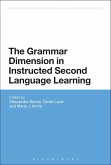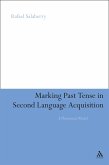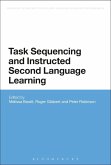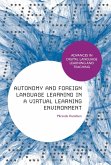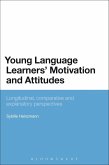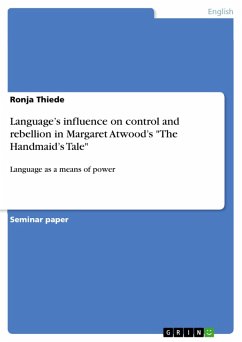Shunning polemicism and fashioning a new agenda for a critically informed yet practically orientated approach, this book explores aspects of multilingual education in the People's Republic of China (PRC). Amongst other issues, it also looks at the challenges associated with bilingual and trilingual education in Xinjiang and Tibet as well as the mediation between religion and culture in multi-ethnic schools, covering these issues from a range of perspectives - Korean, Uyghur, Tibetan, Mongolian and Yi.
The PRC promotes itself as a harmonious, stable multicultural mosaic, with over 50 distinct ethnic groups striving for common prosperity. Beneath this rhetoric, there is also inter-ethnic discord, with scenes of ethnic violence in Lhasa and Urumqi over the last few years.
China has a complex system of multilingual education - with dual-pathway curricula, bilingual and trilingual instruction, specialised ethnic schools. This education system is a lynchpin in the Communist party state's efforts to keep a lid on simmering tensions and transform a rhetoric of harmony into a critical pluralistic harmonious multiculturalism. This book examines this supposed lynchpin.
The PRC promotes itself as a harmonious, stable multicultural mosaic, with over 50 distinct ethnic groups striving for common prosperity. Beneath this rhetoric, there is also inter-ethnic discord, with scenes of ethnic violence in Lhasa and Urumqi over the last few years.
China has a complex system of multilingual education - with dual-pathway curricula, bilingual and trilingual instruction, specialised ethnic schools. This education system is a lynchpin in the Communist party state's efforts to keep a lid on simmering tensions and transform a rhetoric of harmony into a critical pluralistic harmonious multiculturalism. This book examines this supposed lynchpin.



